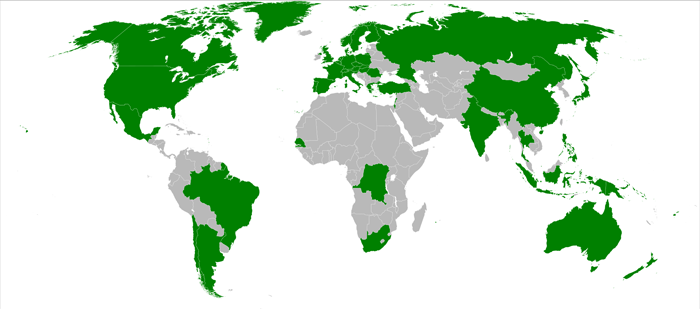Measures to prevent illegally harvested timber from entering the European Union came into force in March 2013, requiring importers and sellers to carry out "due diligence" and keep records of where wood has come from.
In the Greenpeace Belgium report, forest campaigner Sebastien Snoeck criticized what he described as "the negligence of businesses and European authorities."
He said: "Despite repeated warnings from Greenpeace, the import of high-risk tropical timber continues in our country. Greenpeace has repeatedly denounced violations of the regulations. In Cameroon, illegal logging and corruption are rife, while the controls in place have many weaknesses."
Belgium`s federal environment minister, Marie-Christine Marghem, has called a round-table meeting on Sept. 21 with representatives from the timber industry.
Snoeck said the meeting was "an opportunity for the minister to finally announce concrete measures to tackle this serious ongoing problem."
The Greenpeace report accuses Belgian authorities of not carrying out enough checks, and describes the north Belgian port of Antwerp as a "sieve" - a weak point in applying the regulations.
No Belgian companies have been sanctioned so far, the campaign group added.
The European Union accounts for about a third of the world`s timber consumption. Interpol and the United Nations have run an initiative since 2012 aimed at combating organized crime in forestry and illegal logging.
More about:
















































